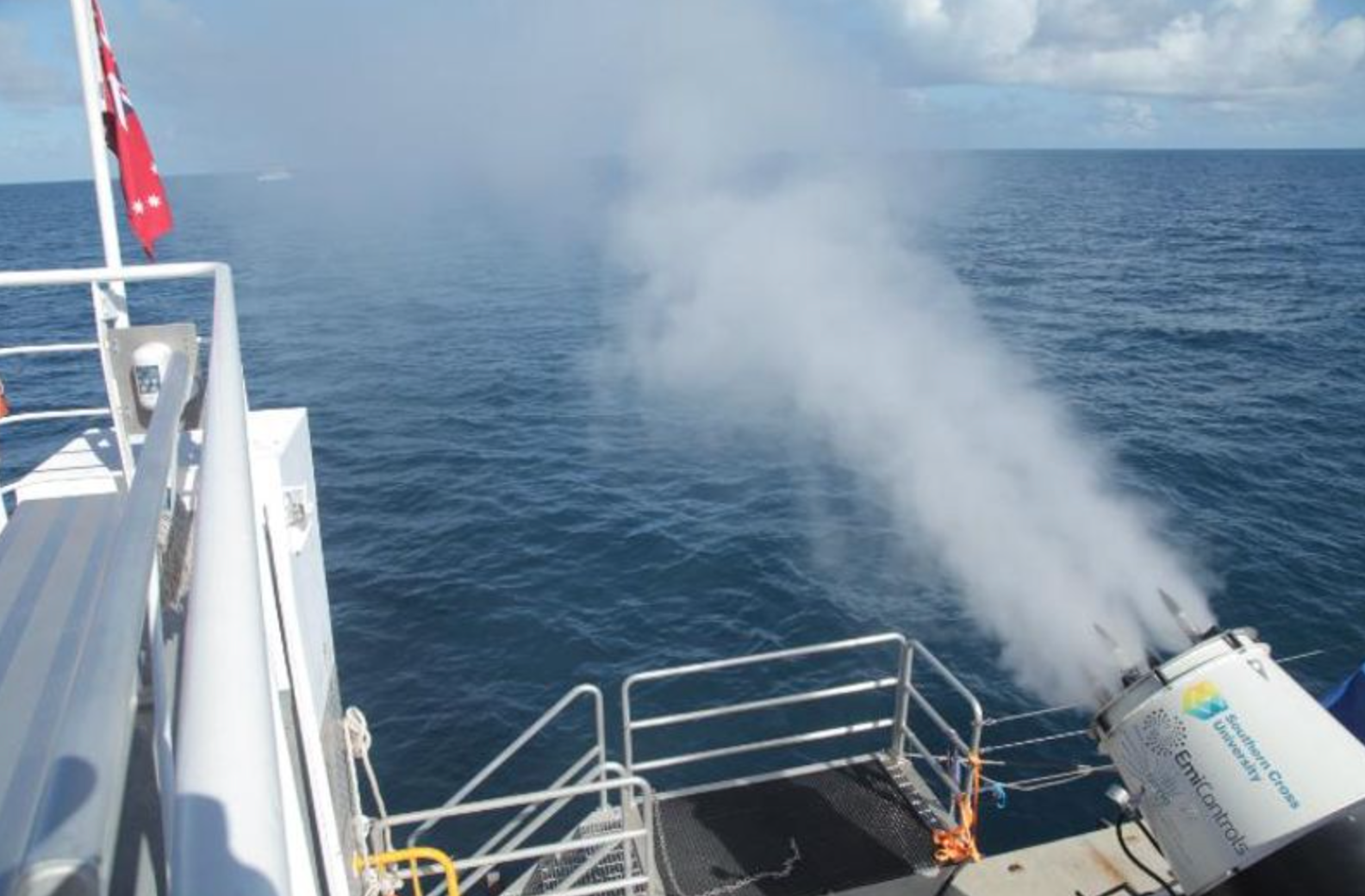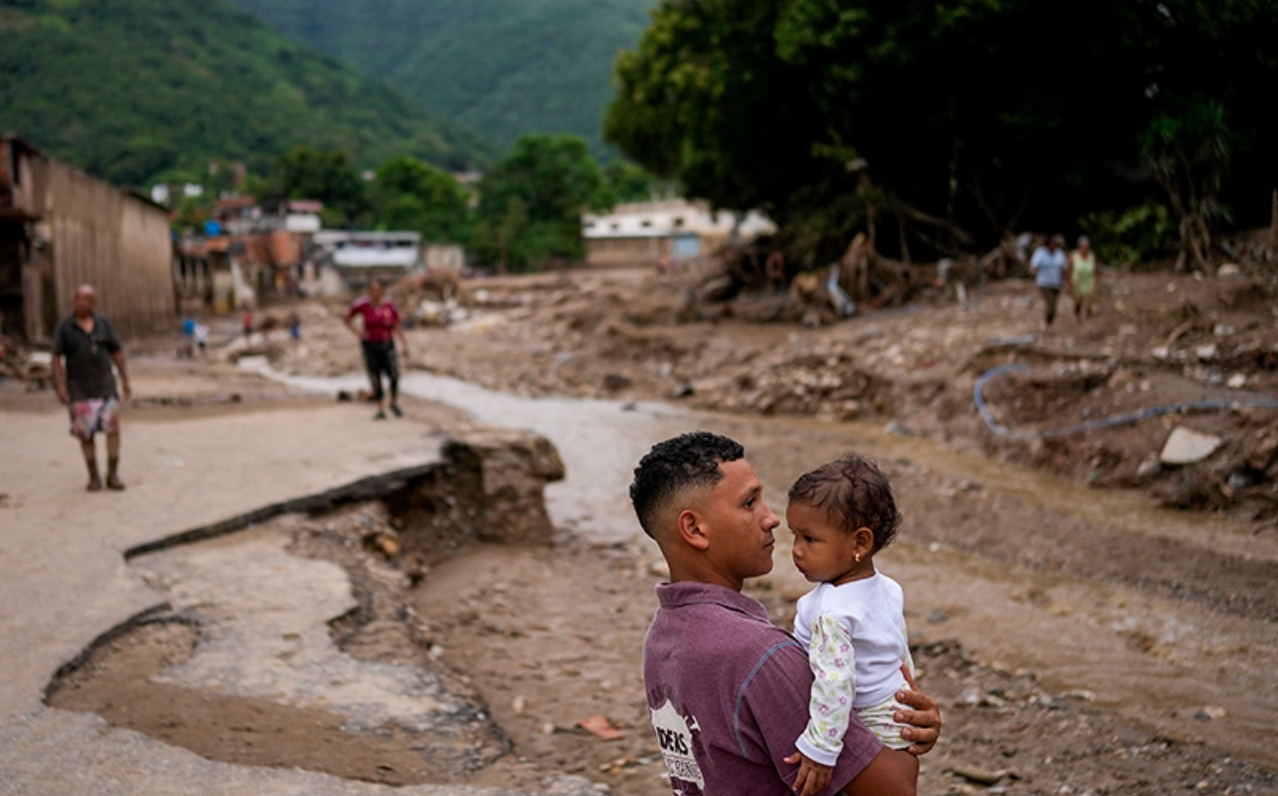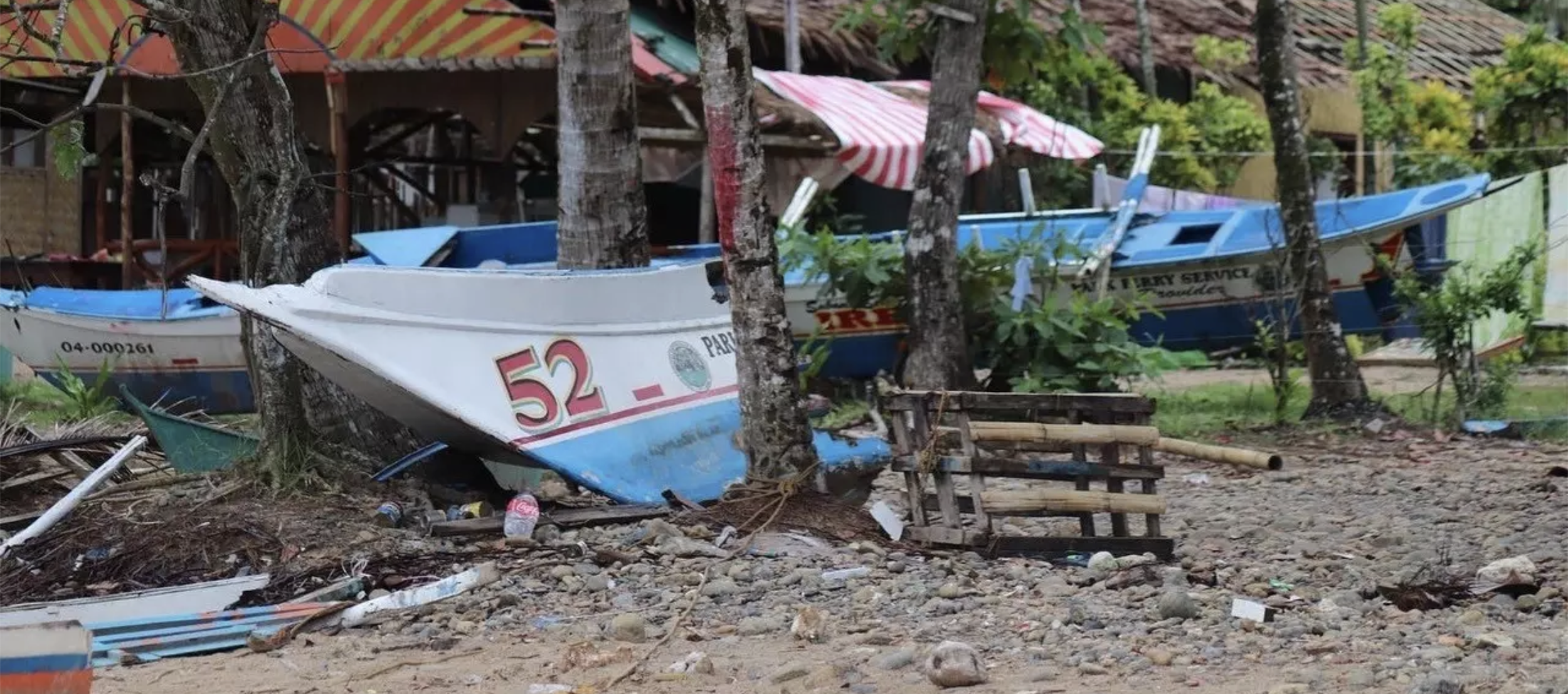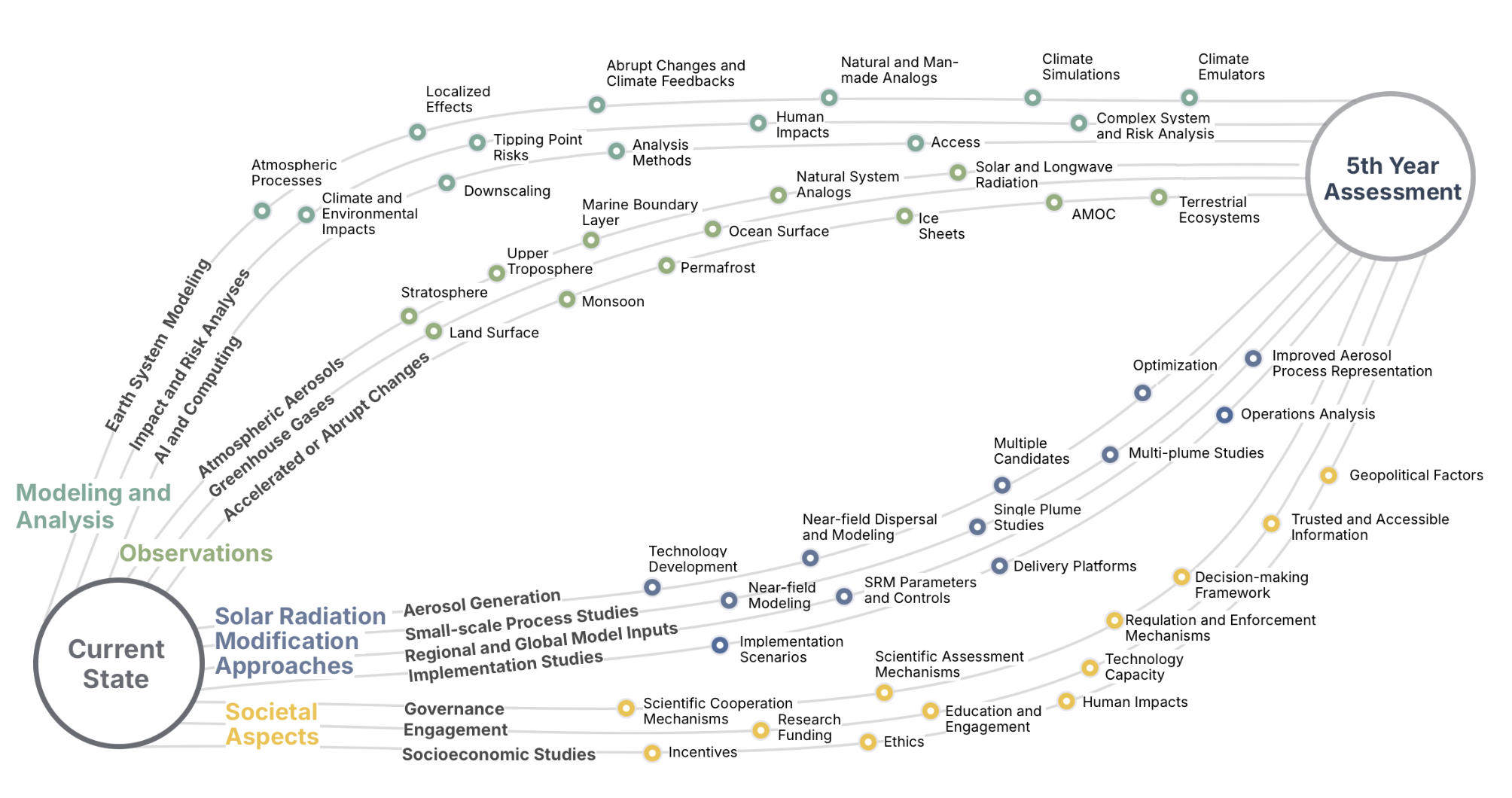
Insights
Featured

Comment on Proposed Governance Framework for Harvard University's Stratospheric Controlled Perturbation Experiment (SCoPEx)
SilverLining's Executive Director, Kelly Wanser, and Research Director, Alex Wong, submitted comments to the Stratospheric Controlled Perturbation Experiment (SCoPEx) Advisory Committee on the proposed Public Engagement Process.

U.S. Climate Policy Must Address Near-Term Climate Risk: SilverLining's Recommendations To The Biden-Harris Administration
New leadership in the United States presents a powerful opportunity for efforts to combat climate change.

Developing a Foundation for Science-Based Decision-Making on Climate Intervention
Eight of the top ten warmest years on record have come in the last decade, and 2020 may become the hottest year ever.

Climate Intervention Research May be Critical to a More Just and Safe Society
Climate-related headlines have become so common that I fear we may start to normalize the terrible news.

A Fifth Rationale For Climate Intervention Governance
The study of governance of large scale interventions in the climate system (or, “geoengineering”) will become increasingly important as we gain a better understanding of its promises and risks.

Statement On Draft Prospectus For The Fifth National Climate Assessment (NCA5)
The U.S. Global Change Research Program, charged with coordinating the United States' research approach around human-induced and natural processes of global change, is currently developing its Fifth National Climate Assessment (NCA5), which is anticipated to be delivered in 2023.

Toward International Cooperation on Solar Climate Intervention
The absence of sufficient mechanisms for science-based decision-making for climate intervention (geoengineering) poses risks to safety in both climate change and climate response

Statement on House Democrats' Climate Action Plan
Kelly Wanser, Executive Director of SilverLining, released the following statement on the Climate Action Plan released this week by the Democrats on the House Select Committee on the Climate Crisis:

Cooling credits: Sold as a “cool” solution to climate change, buyers (and everyone) should beware
Carbon credits have come under fire recently, as regulators, analysts and media take a closer look to see if and how well these credits represent actual benefits for climate.

The SilverLining Spotlight - March 24, 2023
We hope you’re having a wonderful start to spring. Climate intervention conversations have accelerated this year and this trend is on track to continue.

Scientific research is key to tackling the climate crisis.
Lhe leaders of Latin America meet this week (February 28 – March 2) in Punta del Este, Uruguay to participate in the VIII Regional Platform of the UNDRR (United Nations Office for Disaster Risk Reduction).

Climate intervention research: An insurance policy for near-term climate risks
Climate change is one of the most critical challenges facing humanity. It currently presents an overwhelming disaster risk for which we currently lack sufficient responses.

Climate intervention: an option for Global South to reduce near-term climate risk?
With nearly 36.3 billion tonnes of CO2 estimated to have been released into the atmosphere in 2021 alone, it came as no surprise the Intergovernmental Panel on Climate Change’s latest synthesis report on climate science projected that the earth’s surface temperature will increase over the current century under all assessed emission scenarios.

Beyond “Geoengineering” to Emergency Medicine for Climate
Sixty years ago, President Lyndon Johnson’s Science Advisory Committee sent him a report on restoring the quality of our environment. It projected – with remarkable accuracy – the effects of rising carbon dioxide levels in the atmosphere.

Reflecting Sunlight Could Ensure Human Safety on a Warming Planet
Earth has a 50-50 chance of warming 1.5 degrees Celsius above pre-industrial levels in the next five years, according to a new report from the World Meteorological Organization.
SilverLining Unveils Interactive Roadmap for Research and to Advance Understanding of Near-Term Climate Risk and Intervention. The 5-year digital roadmap includes ambitious improvements to climate observations and models and study of a portfolio of rapid interventions.
Rapid and effective reporting, regulation and enforcement for weather modification and climate intervention activities would be best achieved in a structure in which the National Oceanic and Atmospheric Administration (NOAA) provides research and analysis of weather and climate impacts in support of a program of registration, permitting and enforcement by the Environmental Protection Agency (EPA). To achieve this, NOAA should expand relevant research and, with EPA, collaborate in the design of relevant processes. Within this, to support critical research, small-scale emissive research studies should be supported and exempted from permitting requirements for impact-scale activities.
Marine cloud brightening (MCB) is a promising approach to reducing near-term climate impacts and risks by dispersing sea salt particles (aerosols) into low marine clouds to make them reflect slightly more sunlight back into space to cool the climate.



